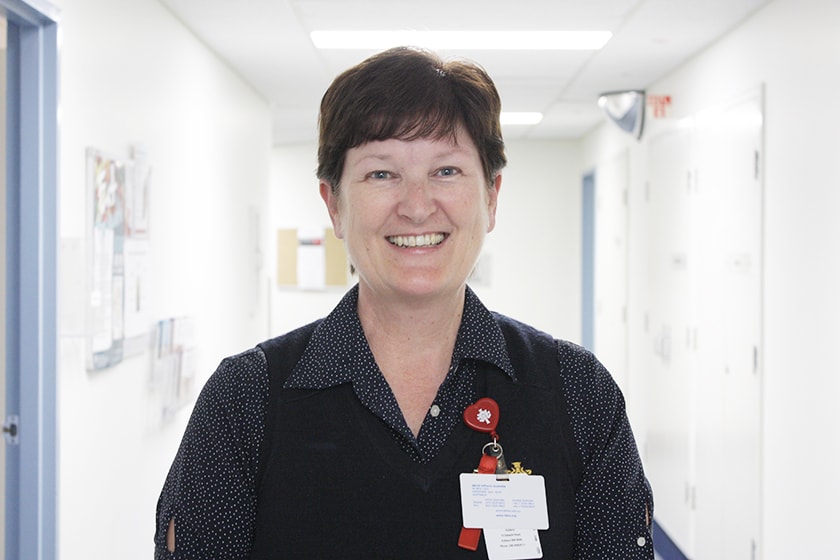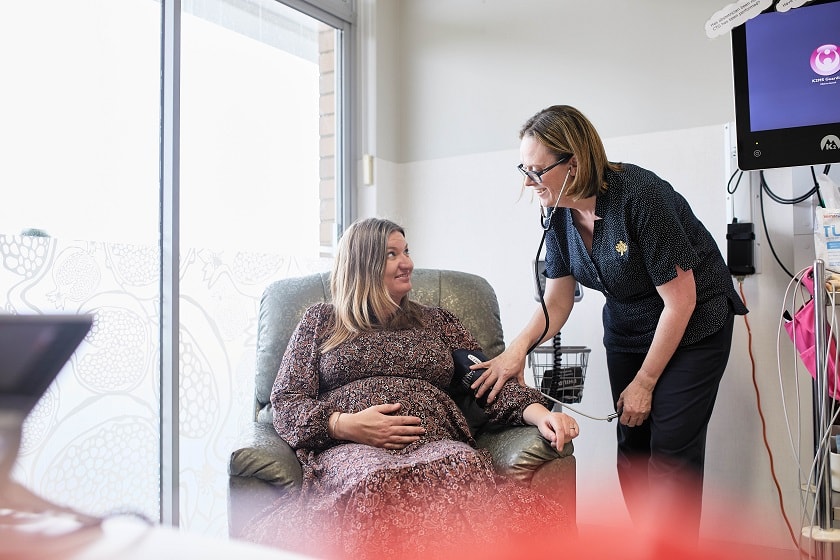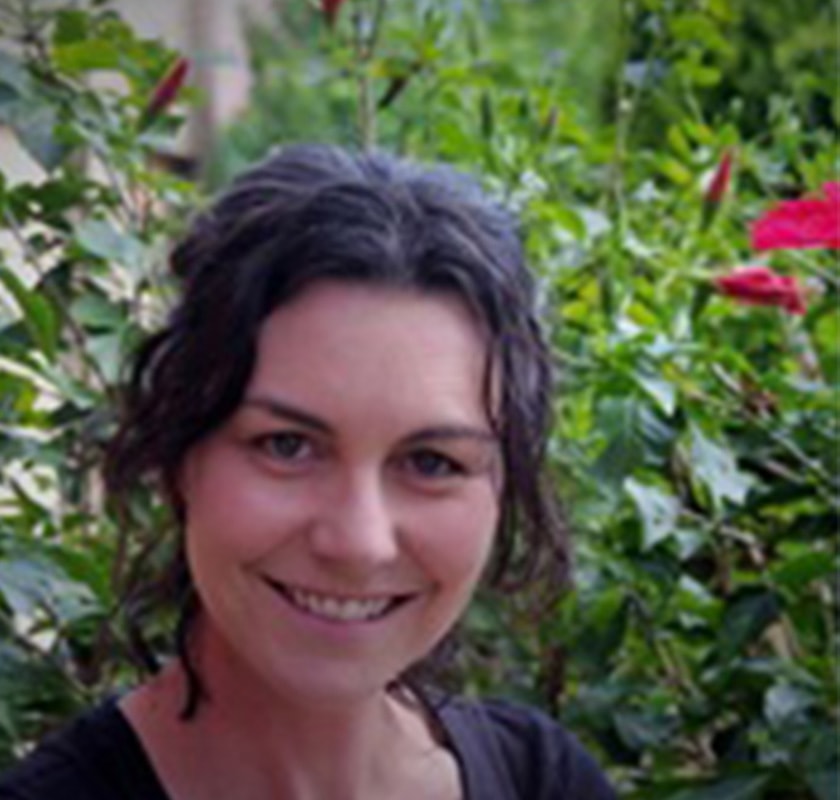Our lactation consultant Bernadette O’Regan provides top tips for successful breastfeeding in the first few weeks after birth.
Get nice and close
Skin to skin contact will help the baby use instinctive behaviour and give mum a better chance of successfully initiating breastfeeding within the first hour of life.Biological nurturing/baby-led attachment makes breastfeeding easier. Recline slightly and bring the baby onto your chest in a vertical position. Give your baby time to “bob” and move itself towards the nipple to self-latch. Ensure the baby’s body is in full contact with your body to allow it to use its instinctive behaviour.
Having your baby staying in the room with you initially can also help both mother and baby sleep better.
Make sure to offer both breasts
Babies can take one or both breasts when feeding.Whether your baby accepts both breasts will vary, but offering the second breast, even for only a few minutes, will help give relieve discomfort in that breast and increase the volume of breast milk transferred to the baby, resulting in better weight gain.
Know what is normal
About eight to twelve feeds every 24 hours is considered normal for a breastfed baby. Be aware of early feeding cues to help you know when to feed your baby.Most babies will feed and settle within an hour of waking in the first few days and weeks. As you become confident, nutritive sucking and swallowing will become more evident.
If baby is latched well, breastfeeding should be comfortable. Afterwards, your breasts should be soft and relaxed and the nipple should look normal.
When milk “is in” you should see six to eight wet nappies and at least three bowel actions in 24 hours. Baby should be content between most feeds if they have sufficient milk.
Involve your partner
Partners are very good at remember information regarding breastfeeding.Make sure to involve them from the beginning and take them with you to any breastfeeding appointments you may have with a midwife or lactation consultant.
Do not be afraid to ask for help
Breastfeeding is a learned skill and it may take time and support to help you and your baby develop this important skill. Sometimes you even need to re-learn after the birth of your second or third child, especially if there is a gap of time.Save important telephone numbers in your phone, such as your hospital’s breastfeeding support service, child health nurse, general practitioner, Australian Breastfeeding Association Helpline and Ngala, who can help you with breastfeeding problems.









